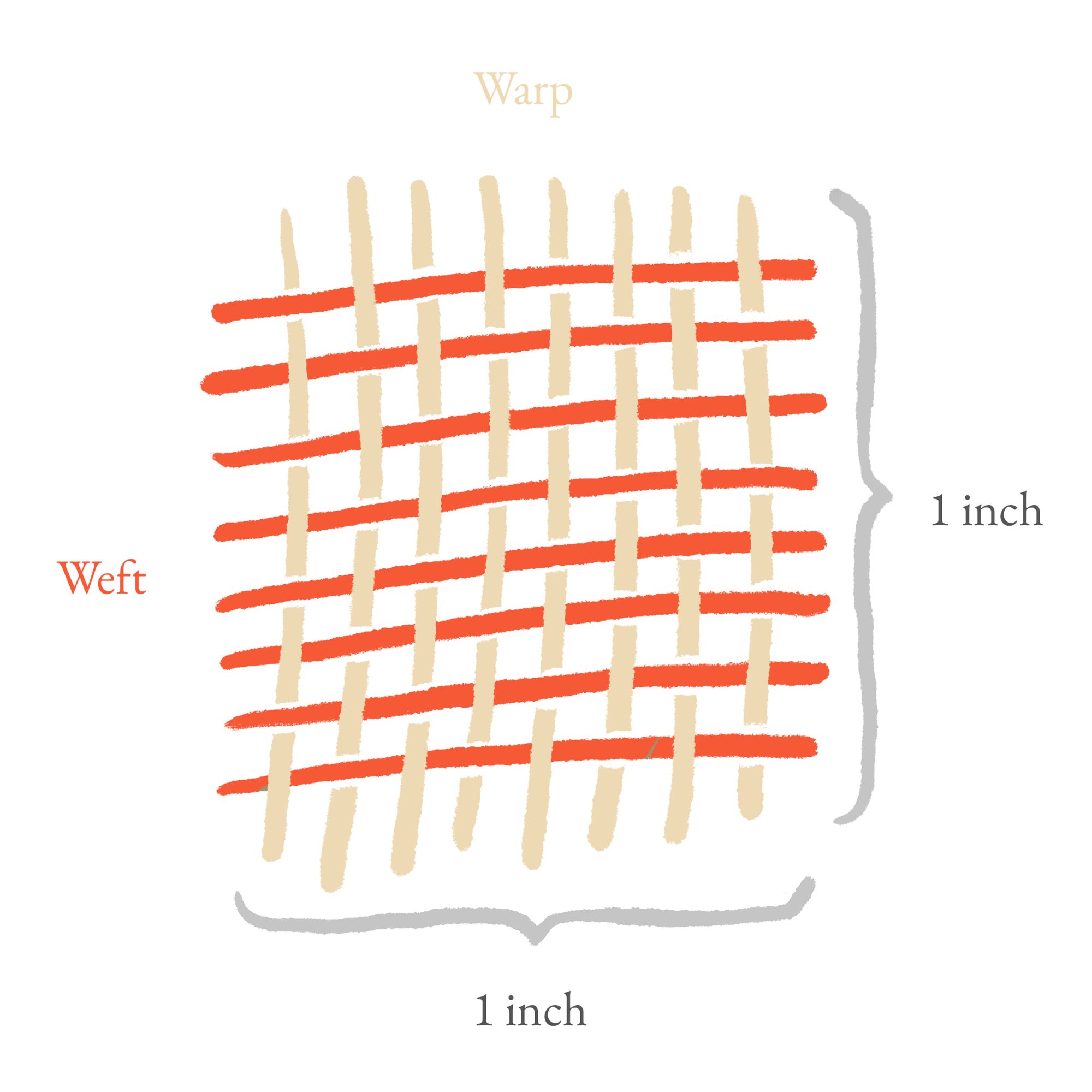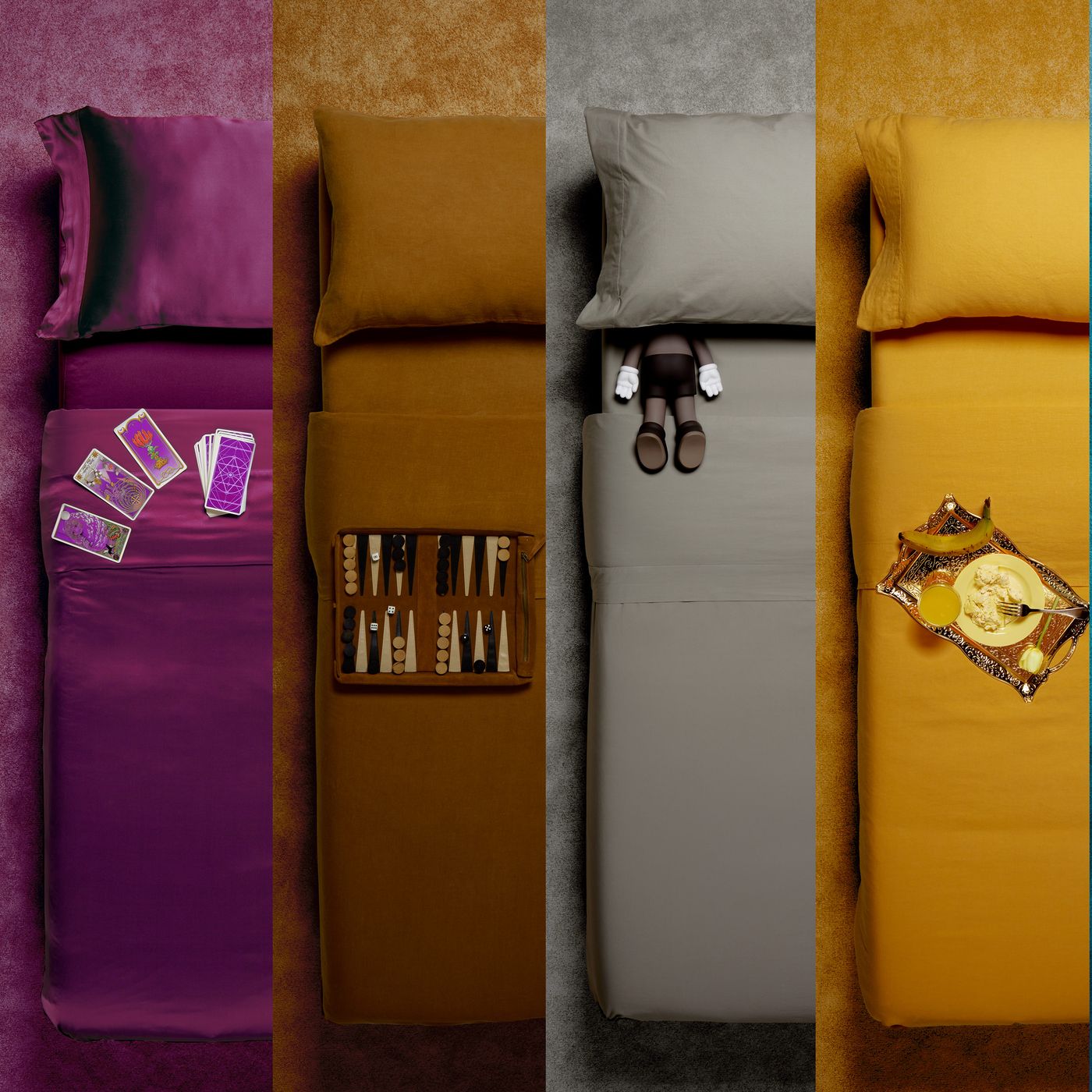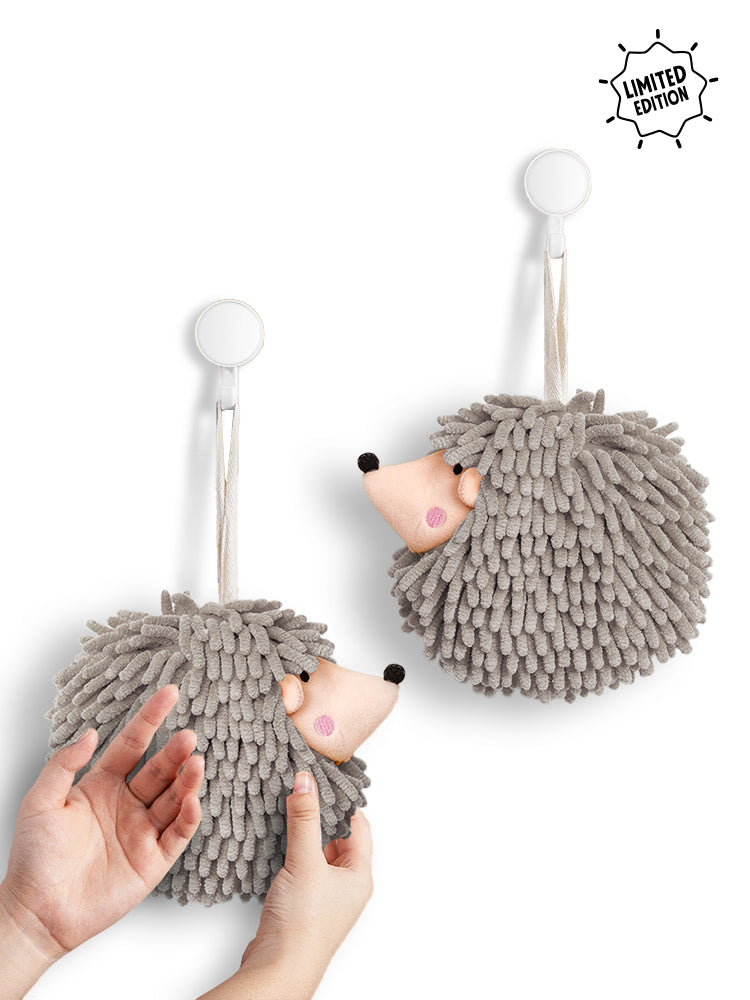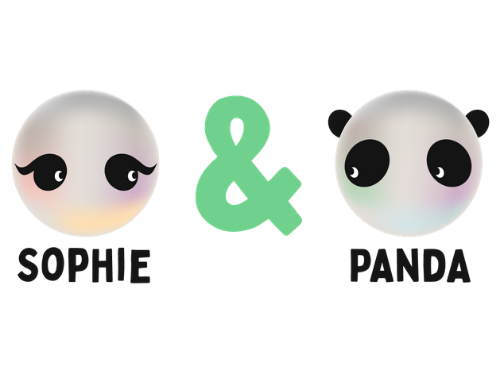
When shopping for a new set of sheets, you've likely seen the term "thread count" and questioned what number signifies good-quality linens. Bedding brands may advertise that their products boast a thread count of 2,000, leading you to believe the high number reflects premium quality sheets—but that's not always the case.
Here, bedding experts Parima Ijaz, founder of Pure Parima, and Missy Tannen, co-founder of Boll & Branch, are breaking down everything you should know about purchasing sheets, including why thread count is an overemphasized factor.
What Is Thread Count?

Thread count refers to the number of threads woven into 1 square inch of a piece of fabric. Thread count is only one element of several that factor into the overall quality of your sheets. And, likely surprising many, thread count isn't even the most important feature for determining how luxurious your sheets feel or how well they hold up over time.
How Much Does Thread Count Matter?

Marketers have been known to push the concept that bigger is always better, which helps explain the misconception that a higher thread count signifies higher overall quality. This isn't to say that thread count doesn't matter entirely—but there's a threshold to how much it matters.
According to Ijaz, early 2000s bedding manufacturers weaved multiple threads together because the technique allowed them to market sheets as having double the thread count they actually had—which subsequently led to the companies making more money due to the public misconception about higher thread count.
Is There a Minimum Thread Count Number to Look For?
Rather than looking for the highest thread count, look for sheets with a thread count between 300 and 800 per square inch. "At a certain point, you can't even fit that many threads," Ijaz explains. "Depending on the yarn quality, you can't really get more than [600 to 800 threads] within 1 square inch. So as long as you're starting at a foundation of at least 300, 400 thread count, past that, thread count doesn't matter."
Tannen adds, "To make a fabric, you likely have to have a count of at least 100. If you're using really fine thread or yarn, you can fit more in a square inch, and that gets you a more silky feel. On the other end, flannel sheets use a more substantial thread, so that count is likely to be lower," she says.
Material Matters More Than Thread Count:max_bytes(150000):strip_icc()/rsp-detail-better-homes-gardens-400-thread-count-hygro-cotton-bed-sheet-set-walmart-hwortock-001-2-8ab9f6482b5b4d1d8c75b45e61f3aaef.jpg)
Both Ijaz and Tannen emphasize that quality mainly comes from the material used, something they discovered when they began creating their products. So what's the best, most tried-and-true fabric for sheets? Cotton.
"Looking at lots of different materials … for [Boll & Branch], it became about cotton," Tannen says. "Cotton is commonly used in sheeting, and has been used for centuries. So I kind of just wanted to make that classic, perfect bedsheet, and in doing so I learned so much about cotton farming."
India is the world's leading cotton producer,1 so Tannen and her team went there to source it—and they made sure it was handpicked and rain-fed with no added pesticides. The manufacturing and farming process is important: Organically made sheets are great not only in terms of quality but also for the environment. Hemp sheets are also a good sustainable option.
How Much Does Price Matter?

Another common misconception is that you have to pay a high price to get good-quality sheets. "We have found that we were able to get a fair level of quality, or even very high Italian linen quality, at a great price because we just worked really hard with our partners to create a really beautiful sheet set at an affordable price range," Ijaz says. She advises to watch out for sheets marketed as 100% Egyptian cotton—unless the sheets are certified, that claim may not always be legitimate.
What to Avoid When Shopping for Sheets
Stay away from sheets with finishes marketed as wrinkle-free or extra-soft because they're often made with powerful chemicals like formaldehyde. Ijaz says to look for the OEKO-Tex certification to confirm that the fabric was sustainably made and tested for harmful substances. She also recommends avoiding synthetic materials, including polyester and microfiber, because they are heavily processed and not biodegradable.
While Ijaz says Pure Parima, Boll & Branch, and other bedding brands are willing to help dismantle the thread count misconception, it's still important to do your own research to confirm you're investing in the right sheets for you. "Find a brand you trust—I think that's huge in today's world where so much shopping is online," Tannen adds. "Especially [with] sheets, it's such a personal product that literally is touching you for a third of your life. So I really think that sheets is a place to invest in, and make sure you really know what you're getting."
Frequently Asked Questions
- Thread count refers to the number of threads woven into 1 square inch of a piece of fabric.
- Despite popular belief that the higher the thread count, the higher the quality, a thread count between 300 and 800 signifies good quality bedding.
- No, thread count isn't the sole factor to consider when buying sheets. The material used, advertised finishes, and OEKO-Tex certification are also important elements for sustainably made, non-toxic, high-quality sheets.
Sources:
- All photos used in this blogpost are sourced from the internet, and the rights belong to their respective owners
- Jones, B. (2024, September 30). Does Thread Count Really Matter? Retrieved from https://www.bhg.com/does-thread-count-matter-8720606


